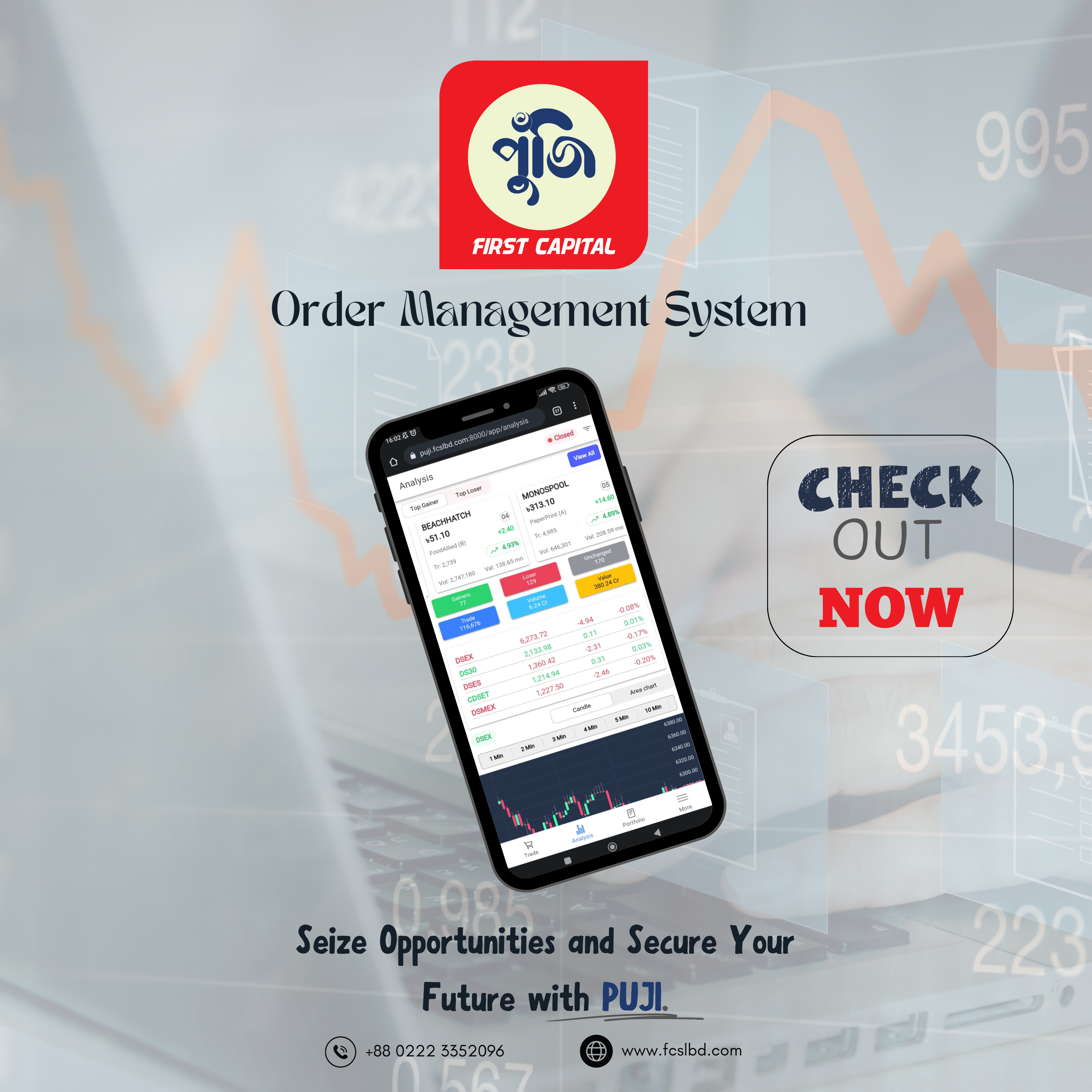Dhaka Electric Supply Company or DESCO plunged deep into the red for the fifth straight quarter through December last year, with its loss multiplying more than 13 times year-on-year to Tk 433 million.
It began enduring losses since the government increased bulk electricity price at a higher pace than the retail price. As the profit margin shrank, foreign debt burden became heavier for the depreciation of the taka against the dollar.
As a result, DESCO, which is responsible for electricity distribution to the capital’s west and north-eastern areas, saw its income wiped out and losses piling up for the hefty repayment against foreign credits of about Tk 29 billion.
“The company will come back to profit after a power tariff hike at the consumer level and cooling of the foreign exchange market,” said DESCO’s Managing Director Kausar Ameer Ali.
The bulk electricity price jumped more than 28 per cent to Tk 8.25 per kilowatt hour since November 2022 in two phases, while the retail price at which DESCO charged its consumers ranged between Tk 4.35/Kwh – Tk 13.26/Kwh since early 2023.
More than 32 per cent of the loss reported for the latest quarter came from foreign exchange transaction loss, as the company paid higher than before against foreign loans. Loans from overseas lenders must be paid back in dollars.
However, DESCO’s revenue grew 25 per cent year-on-year to Tk 33.35 billion in the first half of FY24.
The company registered higher revenue from domestic, industrial, and commercial customers as consumption and users in these categories increased gradually.
The state-owned entity experienced a cumulative loss of Tk 7.48 billion in the past five quarters to December 2023. It was in the green zone until the first half of FY23.
The company chief said DESCO purchased bulk electricity from the Bangladesh Power Development Board (BPDB) at a much higher rate, but could not increase the prices at the consumer level at the same rate.
Even if the retail price is increased by 10 per cent, the power distributor will still count losses, he said.
Earlier, six state-owned power distribution companies, including DESCO, recommended raising the retail tariff by 15-20 per cent so that they can secure a profit in the present circumstances.
The government has recently planned to hike power tariffs at both bulk and retail levels to phase out subsidies within three years, one of the conditions of the International Monetary Fund (IMF) for its lending package.
The Prime Minister’s Office (PMO) recently approved a proposal prepared by the Finance Division under the Ministry of Finance for adjusting power tariffs to reduce subsidies to zero or near zero.
Record annual loss
DESCO suffered a record annual loss of Tk 5.41 billion in FY23 in 20 years.
Eighty per cent of the annual loss came from the foreign exchange transaction loss in FY23. The company had taken out loans when the exchange rate was around Tk 82 per dollar, but the rate has been elevated to Tk 109 to Tk 110 per dollar.
Due to the strong dollar, DESCO had to pay Tk 4.28 billion in excess to its lenders in FY23.
DESCO has taken credits from the Asian Development Bank, Japan International Cooperation Agency, and Asian Infrastructure Investment Bank.
Stock performance
The stock, which had been stuck at the floor price of Tk 36.6 for more than 15 months, continued to slide since the floor price removal.
It fell 6.06 per cent further to close at Tk 27.40 per share on Sunday. In the past six trading sessions, DESCO shed more than 25 per cent in market value.
Issuing shares against share-money deposit
Last month, the board of DESCO decided to issue more than 607 million irredeemable and non-cumulative preference shares at the face value of Tk 10 each in favour of the power division secretary against funds received from the government to comply with a regulatory directive.
The preference shares will be non-cumulative in nature, meaning the government will not be entitled to the missed dividends.
DESCO had received more than Tk 6.10 billion in total until FY23 from the government as share money deposits to implement various projects. After the issuance of the shares, its earnings will be diluted.
Source: thefinancialexpress




